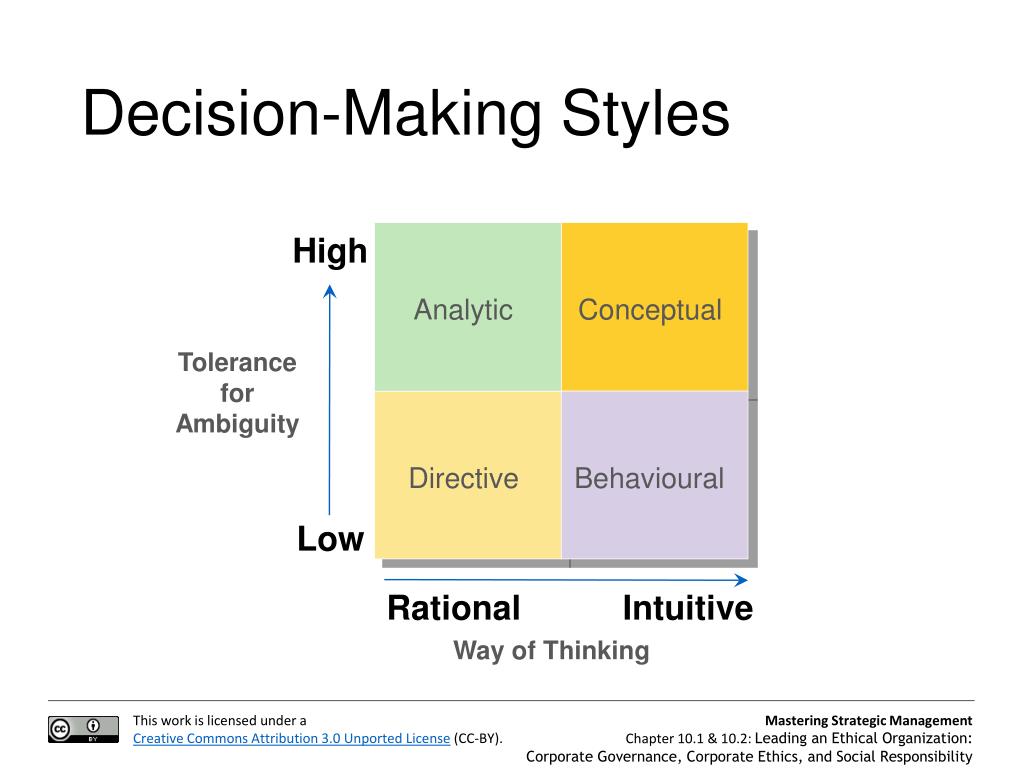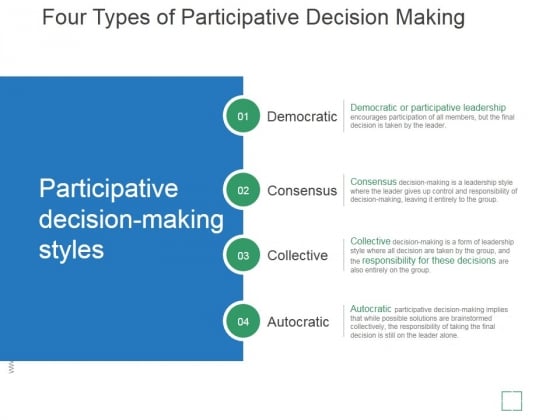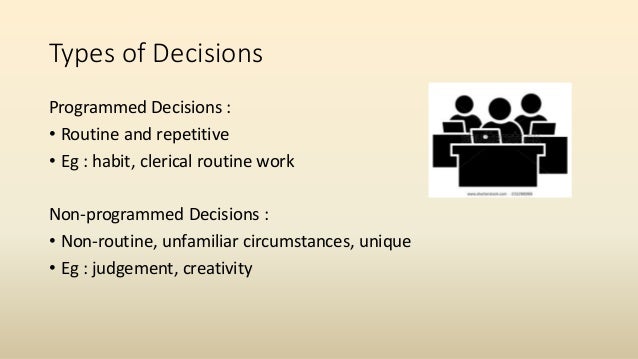

It may be looking for a new cave before the approach of winter, or signing a long-term contract with new business partners, intelligent decisions have been instrumental in the survival and prosperity of the human race. Decision-making refers to the thought process involved in choosing the most logical choice from among the options available. Distinguishing between these three types of decisions Dale writes, ".policy decisions set forth goals and general courses of action, administrative decisions determine the means to be used and executive decisions are those made on a day-to-day basis as particular cases come up.The poem The Road Not Taken by Robert Frost, highlights the dilemma that human beings face while making decisions. According to Ernest Dale, the size of the advertising budget is a policy decision but selection of media would be an example of administrative decision.Įxecutive decisions are those which are made at the point where the work is carried out. They relate to major issues and policies such as the nature of the financial structure, marketing policies, or outline of organisational structure.Īdministrative decisions are made by middle management and are less important than policy decisions. Policy decisions are taken by top management or administration of an organisation. Policy, Administrative and Executive DecisionsĮrnest Dale (born in Hamburg, Germany and died at the age of 79) has classified decisions in business organisation as under. Operating decisions relate mostly to the decision marker's own work and behaviour while policy decisions influence work or behaviour pattern of subordinates. Operating decisions are those which are taken by lower management for the purpose of executing policy decisions. Operating decisions are those which are taken by top management and which are of a fundamental character affecting the entire business. They are based on facts and involve the scientific process in problem-solving. On the other hand, planned decisions are linked to the objectives of organisation. These decisions can be taken easily and may be directed towards the purposes of the enterprise. Off-the-cuff decisions involve "shooting from the hip". On the other hand, personal decisions are those which an executive takes in his individual capacity but not as a member of organisation. Organisational decisions are those which an executive takes in his official capacity and which can be delegated to others. It may be seen that basic decisions generally relate to strategic aspects, while routine decisions are related to tactical aspects of an organisation. Routine decisions are of repetitive nature and hence, require relatively little consideration. Examples of basic decisions are plant location, product diversification, selecting channels of distribution, etc. These decisions require the formulation of new norms through deliberate thought-provoking process. The Basic decision is those which require a good deal of deliberation and are of crucial importance. Katona classified decisions as basic and routine. It becomes a problem which requires a thorough study of the causes of such a situation and after analysing all factors a solution can be found through a problem-solving process. In the above example, if all the professors in a department stop their teaching work the problem cannot be solved by set procedural rules.

The non-programmed decisions are complex and deserve a specific treatment. The programmed decisions are basically of a routine type for which systematic procedures have been devised so that the problem may not be treated as a unique case each time it crops up. These decisions are of a routine and repetitive nature. Herbert Simon (JFebruary 9, 2001), an American economist and psychologist, has used computer terminology in classifying business decisions. Decisions pertaining to objective of the business, capital expenditure, plant layout, production, etc. They influence the future of the business and involve the entire organisation. Strategic decisions, on the other hand, are relatively more difficult. Authority for taking tactical decisions is usually delegated to lower levels in the organisation. They are of repetitive nature and related to general functioning. Tactical decisions are those which a manager makes over and over again, adhering to certain established rules, policies and procedures.

There are many ways of classifying decisions in an organisation, but the following types of decisions are important ones: Tactical and Strategic Decisions


 0 kommentar(er)
0 kommentar(er)
